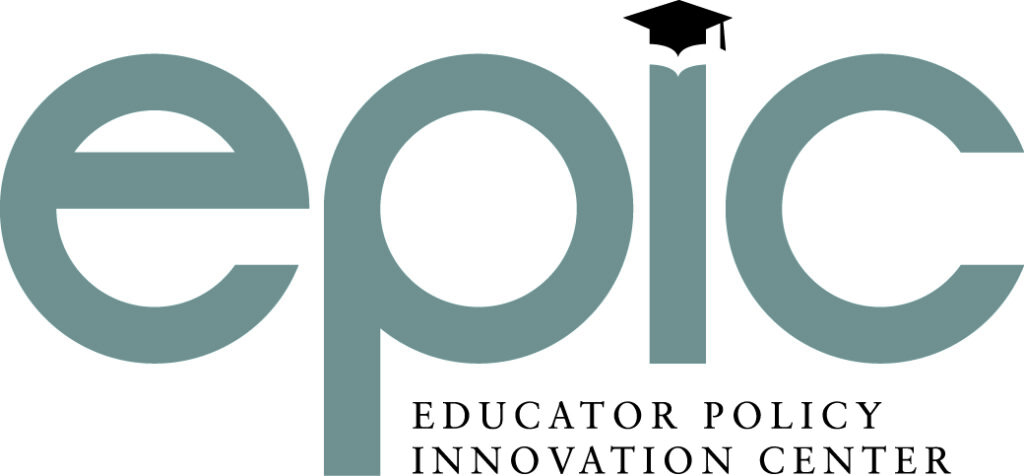
The latest report from Education Minnesota’s think tank, the Educator Policy Innovation Center, or EPIC, features a section on how schools can best support education support professionals.
The report “Minnesota Schools at a Breaking Point: Pandemic Stories From Educators Across the State,” found seven consistent themes from the stories of Education Minnesota members about educating during the pandemic. One of the themes is that ESPs feel disrespected and exploited.

The research solidified that ESPs are quickly leaving education for other fields because of how little respect they receive from peers and policymakers. Some metropolitan school districts have hundreds of ESP positions that have stayed empty the entire pandemic.
Minnesota’s ESPs often spend as much, if not more, time providing direct services to students than licensed staff. The latest salary data found by the EPIC research team was from 2020-21, when the average ESP salary in Minnesota was $32,859. The research team also found that ESP salaries lagged behind inflation by about $5,000 in 2020-21.
The paper shares that “scholars have been documenting the dwindling pool of applicants for ESP positions for the past decade.
Research from Giangreco in 2010 and others have written, ‘recent studies reiterated findings from earlier research, suggesting that it remains challenging for some schools to hire and retain a sufficient number of ESPs with desired qualifications. Reasons include lack of respect, training and administrative support as well as poorly defined job descriptions, low pay and benefits, and limited opportunities for advancement’.”
Research also shows how lack of ESPs only exacerbates the funding crises facing school districts.
Research has found the hidden financial and educational costs associated with ESP turnover, including the personnel time devoted to recruiting, screening, interviewing, orienting and ongoing job embedded training. Turnover can adversely affect students’ educational programs and have a disruptive effect on relationships among team members as well. These recent studies offer suggestions for hiring and retaining qualified ESPs by improving working conditions and treating them as valued members of collaborative teams.
The paper includes some research-proven solutions that can halt ESP attrition, which Education Minnesota will use as it continues to advocate for livings wages and supportive working conditions for ESP members.
Included in the research are six interrelated themes that highlighted the strong desire by [ESPs] to feel valued including (a) nonmonetary signs of appreciation, (b) compensation, (c) being entrusted with important responsibilities (e.g., instruction), (d) noninstructional responsibilities, (e) the need to be listened to, and (f) orientation and support.
At the Aug. 23 press conference releasing the new EPIC report, Osseo ESP member Jeanne Fox shared that the extra workload throughout the pandemic burnt out a lot of support staff.
“Especially because their increased effort didn’t equate to more pay,” she said. “We also didn’t get the respect we deserve for the work we did throughout the pandemic. Education support professionals were on the front lines at the beginning of the pandemic. We provided child care to frontline workers. We rode buses to deliver meals and school supplies. We jumped into these roles without any knowledge of how this virus would spread and now two years later, we still must fight tooth and nail to get any wage increase or respect.”


